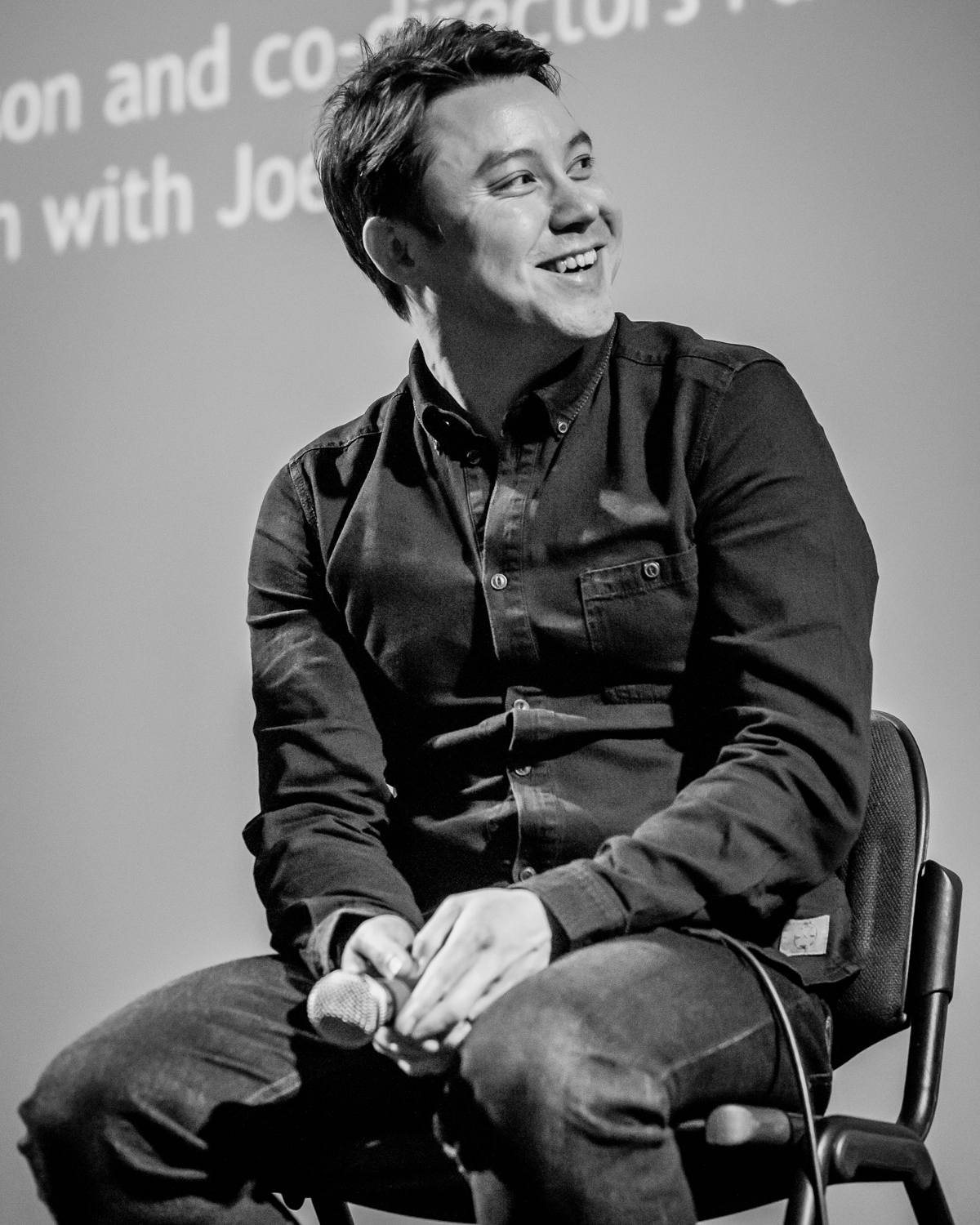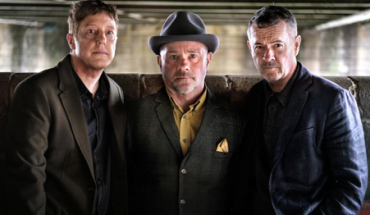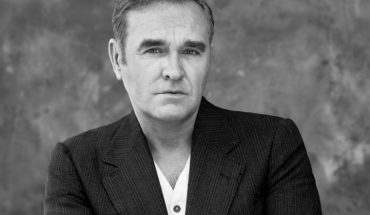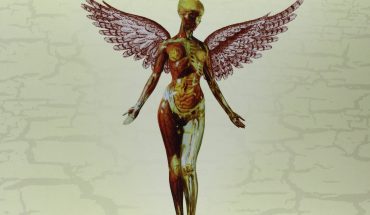Arriving in early March, a week after Blur’s ‘Girls & Boys’ gave the nascent Britpop scene its first defining single, Vauxhall & I entered the charts at number one. Fans were quick to recognise the album as a career high, as were sections of the UK music press, some of whom had previously questioned whether Morrissey had anything relevant to say in the mid-1990s. Since the early days of The Smiths the singer had steadfastly refused to follow the standard music industry path to success, and in 1994 he appeared both awkward and defiant compared to 80s peers like Bono and Paul Weller, as well as a new generation of workmanlike indie bands influenced heavily by his former band. Vilified by the NME, who two years previously had accused him of racism following a gig supporting Madness where he covered himself in the Union Jack onstage—and their somewhat myopic view that his lyrics flirted with right-wing ideology—Morrissey chose not to respond, believing to do so would only give credibility to accusations he deemed ludicrous. Instead, he addressed his detractors on record with an album that—while at times haunting and vulnerable—swaggers with an air of majestic finality.
The lead single off the album—‘The More You Ignore Me, The Closer I Get’—gave Morrissey his first top ten hit since the early days of his solo career, yet offered no hint that the album it preceded would have the air of a last hurrah. While Vauxhall & I isn’t funereal in style and tone like Joy Division’s Closer, it carries a similar sense that This Is The End. Although triumphant in places, at times it sounds as if Morrissey is ready to throw in the towel; one last fight before leaving the ring for the final time (an apt analogy given the singer’s fascination with boxing at the time).
On the front sleeve Morrissey appears older, almost weary; there’s something in those familiar steely blue eyes that suggests a begrudging acceptance of his place in the world. Such resignation is also reflected in many of the lyrics, which are less playful than his previous work and focus on existential matters such as death and mortality, the vagaries of human emotions, and the validity of relationships. The songs also explore their author’s ongoing obsession with obscure or neglected artifacts of British culture. Opener ‘Now My Heart Is Full’ begins with a Cocteau Twins-esque swathe of reverberating guitars and the ominous refrain, “There’s gonna be some trouble/A whole house will need rebuilding”, before referencing the gang of ne’er do wells from Graham Greene’s Brighton Rock:
Tell all of my friends
I don’t have too many
Just some rain-coated lovers’ puny brothers
Dallow, Spicer, Pinkie, Cubitt
Rush to danger
Wind up nowhere
Second track ‘Spring-Heeled Jim’ is one of Morrissey’s most ambitious songs, both musically and lyrically. Over a dub bass line and the siren-like howl of a guitar, the vocals mingle with samples of dialogue from We Are the Lambeth Boys, an obscure Free Cinema documentary from 1958 directed by Karel Reisz about a group of working class members of a south London youth club. Snippets of banal, macho conversations weave through the lyrics to form a montage that both celebrates and warns against the perils of laddishness (a key tenet of Britpop): “Once always in for the kill/Now it’s too cold and he feels too old.” It’s this esoteric quality that gives Vauxhall & I much of its charm and makes listening to it such a pleasure; you feel like a trusted confidant drawn into a secret conversation.
‘Billy Budd’ ups the pace and takes its title—and possibly inspiration—from the Herman Melville novella about a Royal Navy sailor who accidentally kills a shipmate who has falsely accused him of conspiracy to mutiny. It’s possible to interpret the song as a reply to the NME‘s accusations of racism, though the lyrics also suggest a veiled reference to ex-bandmate Johnny Marr:
Things have been bad
Yeah, but now it’s 12 years on
Now it’s 12 years on
Yes, and I took up with you
Elsewhere, Morrissey was on familiar territory, exploring neglected friendship in ‘Hold On To Your Friends’ (“A bond of trust has been abused”), condemning betrayal in ‘I Am Hated for Loving’ and ‘Why Don’t You Find Out For Yourself’ (“I’ve been stabbed in the back so many times”), lamenting lost innocence in ‘Used to Be a Sweet Boy (“Holding so tightly to Daddy’s hand/But that was all in some distant land”) and admonishing society’s indifference to war in ‘The Lazy Sunbathers’ (“The sun burned through, to the planet’s core/And it isn’t enough, they want more”). He also took another swing at his accusers in the music press—and alluded to an unnamed associate’s culpability—on album closer ‘Speedway’, which with its resigned lyrics and magnificent drum crescendo would have made a fitting swansong had it been the singer’s final recording:
I could have mentioned your name
I could have dragged you in
Guilt by implication, by association
I’ve always been true to you
In my own sick way
I’ve always been true to you
The band that recorded Vauxhall & I are also worthy of praise: guitarists Alain Whyte and Boz Boorer, bassist Jonny Bridgwood, and drummer Woodie Taylor are the strongest unit to have backed the singer since Marr, Rourke and Joyce in The Smiths. Whyte and Boorer were also instrumental as musical foils, sharing song-writing duties with Morrissey on six and five of the album’s songs respectively. Credit also to Steve Lillywhite, whose accomplished production ensures the slower tunes are uncluttered and have space to breathe and adds a kick to the more uptempo songs, which compare favourably with The Smiths in terms of power and intensity.
In the 20 years since Vauxhall & I was released, Morrissey’s petty grudges against the music industry have arguably overshadowed his musical efforts, resulting in unwitting self-parody and a largely pedestrian series of albums (the first half of 2004 comeback record You Are the Quarry being the exception). Despite occasional glimpses of greatness in songs like ‘First of the Gang to Die’ and ‘Life is a Pigsty’, such moments have been fleeting and merely served to remind us of how witty and irascible Morrissey can be at the peak of his powers. With a new album on the horizon in 2014, you’d have to be the world’s greatest optimist to bet on him putting out something as brilliant, poignant and sublime as Vauxhall & I. But then very few artists even scale such heights in the first place.
Paul Sng
@sng_paul






